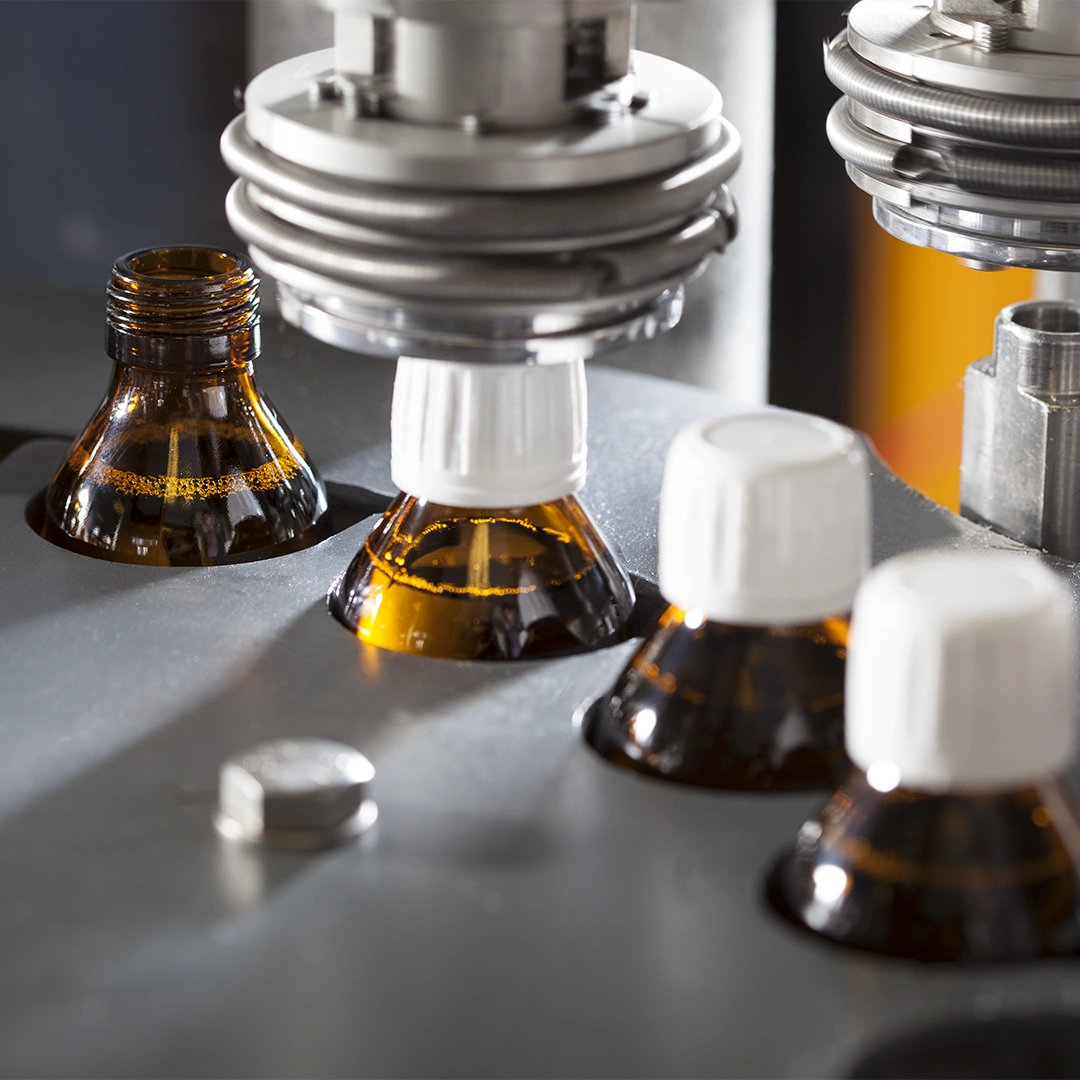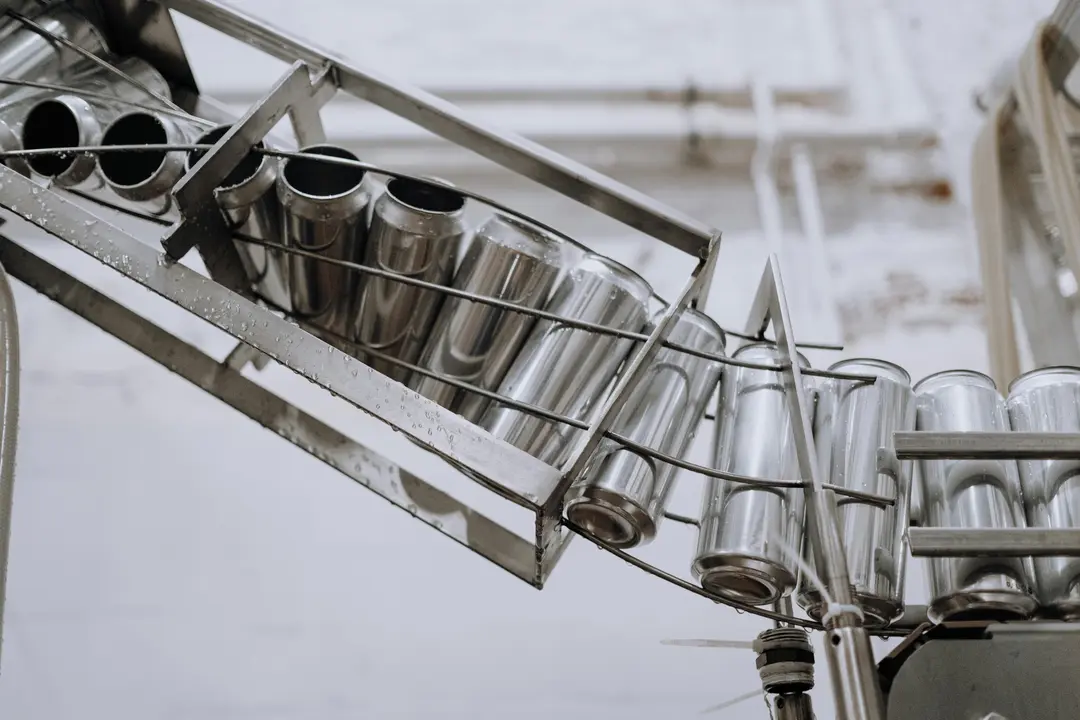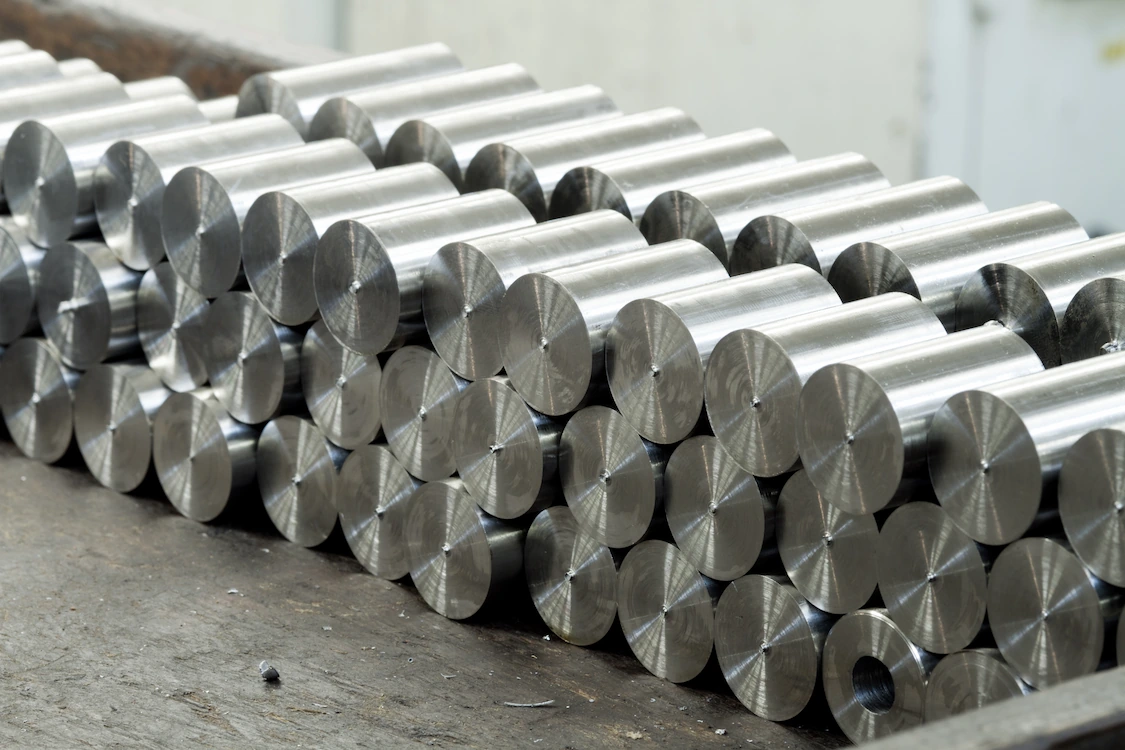 Get a quote
Get a quoteAluminium 1100 is a typical industrial pure aluminium alloy. It has excellent corrosion resistance and benefits from increased strength at low temperatures but is not suitable for use at higher temperatures as strength is compromised.
Aluminium 1100 is not suitable for heat treatment other than to produce the annealed form and ‘O’ temper.
See our Finishing Processes page for further information on services that we can facilitate.




1100 is machinable but is considered soft compared to other aluminium grades, which can make it prone to gumming and deformation under load.
1100 offers excellent corrosion resistance, thermal conductivity, and formability, making it ideal for applications like reflectors, labels, and food processing equipment.
Due to its softness, sharp tools and controlled speeds are essential to avoid tearing or smearing during machining.
Yes, 1100 aluminium has excellent corrosion resistance in most environments, especially where chemical or moisture exposure is expected.
1100 has poor machinability compared to harder aluminium grades. Careful tool selection and low cutting speeds are recommended.

Selecting the appropriate material and grade is among the important early decisions you'll make when designing your CNC machined component. In this blog we look at the most common grades of aluminium, one of the most versatile metals, and the factors to consider to select the best grade for your next project.